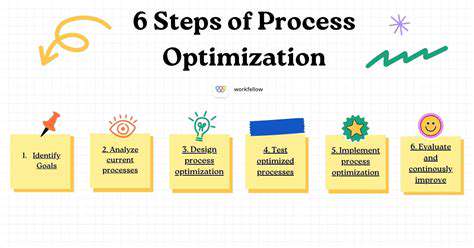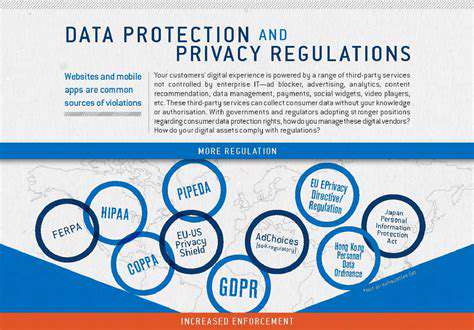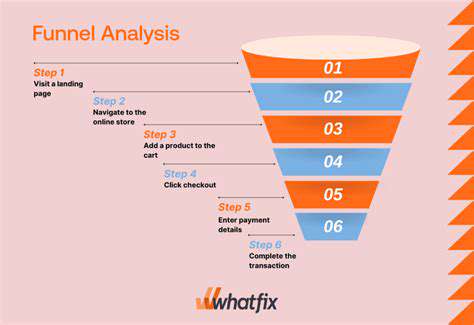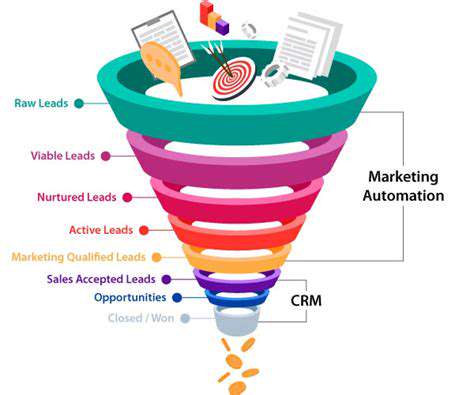Water Recycling and Greywater Systems in Hotels
Successful greywater system design begins with thorough planning. A well-designed system must account for water sources, intended uses, and local regulations. Source separation is critical - laundry water differs significantly from kitchen wastewater in composition and treatment requirements. Understanding these variations ensures appropriate treatment selection and system sizing.
Greywater Treatment Methods: A Deep Dive
Treatment options range from simple settling tanks to advanced membrane filtration. The choice depends on water quality requirements, available space, and budget. Constructed wetlands offer natural treatment but require significant land area, while compact mechanical systems suit space-constrained locations. Each greywater source demands specific treatment to address its unique contaminant profile.
Plumbing Design and Materials: Ensuring Longevity
System durability depends on proper material selection and installation. Corrosion-resistant piping like PVC or ABS prevents leaks and maintains water quality. Proper slope and venting prevent odors and ensure consistent flow throughout the system. Dedicated greywater plumbing should be clearly labeled and color-coded to prevent accidental cross-connections with potable water lines.
Water Quality Testing and Monitoring: Maintaining Safety
Regular testing verifies treatment effectiveness and ensures compliance with health standards. Parameters like pH, turbidity, and microbial content require periodic assessment. Automated monitoring systems can provide real-time data and alerts for immediate corrective action when needed. Documentation of test results demonstrates regulatory compliance and system reliability.
System Integration with Existing Infrastructure
Retrofitting greywater systems into existing buildings requires careful planning. Plumbing modifications must minimize disruption to operations while meeting current codes. Coordinating with facility managers ensures proper integration with water-using equipment and landscaping needs. Temporary bypass systems may be necessary during installation to maintain hotel operations.
Budgetary Considerations and Cost-Effectiveness
While initial costs vary, greywater systems typically pay for themselves through water savings. Lifecycle cost analysis should include maintenance expenses and potential utility rebates. Hotels may qualify for green building incentives that improve the financial return on investment. Phased implementation can spread costs while demonstrating early benefits.
Maintenance and Repair: Ensuring Long-Term Functionality
Preventive maintenance preserves system performance and extends equipment life. Regular filter changes, tank inspections, and pump servicing prevent operational issues. Training staff to recognize early warning signs of problems reduces downtime and repair costs. Keeping detailed maintenance records supports warranty claims and facilitates troubleshooting.
Practical Applications of Recycled Water in Hotels
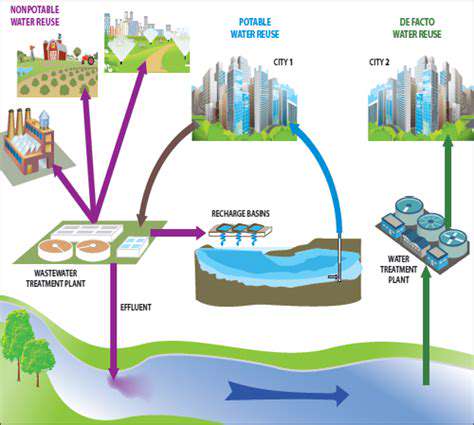
Landscape Irrigation
Greywater irrigation sustains hotel grounds without using potable water. Drip systems maximize efficiency by delivering water directly to plant roots. Proper filtration prevents emitter clogging while protecting soil health. Selecting appropriate vegetation enhances system effectiveness - drought-tolerant species require less water and tolerate greywater's composition better than sensitive plants.
Toilet Flushing
Using treated greywater for toilet flushing can reduce a hotel's potable water use by 30% or more. Dual plumbing systems keep greywater separate from drinking water supplies. Clear signage prevents accidental consumption while maintaining guest comfort and safety. Automated controls ensure consistent supply and proper disinfection levels.
Cooling Tower Makeup
Hotel HVAC systems consume substantial water for cooling operations. Properly treated greywater can replace potable water in cooling towers, significantly reducing overall consumption. Additional treatment may be needed to prevent scaling and biological growth. Regular water quality monitoring maintains system efficiency and equipment longevity.
Laundry Operations
Commercial laundries represent major water users in hotels. Recycling wash water through filtration and disinfection systems allows multiple reuse cycles. Advanced systems can recover up to 80% of laundry water while maintaining cleaning effectiveness. This approach reduces both water and energy costs associated with heating fresh water for each wash cycle.
Public Area Maintenance
Greywater serves well for cleaning outdoor surfaces, sidewalks, and parking areas. Pressure washing systems adapted for recycled water keep public spaces clean without wasting potable supplies. Proper drainage design prevents pooling and controls runoff. Using greywater for these purposes demonstrates environmental commitment to guests and the community.
The Economic and Environmental Advantages
Economic Advantages of Water Recycling
Implementing greywater systems offers hotels measurable financial benefits. Reduced water bills quickly offset installation costs, especially in regions with high water rates. Many municipalities offer rebates or reduced sewer fees for water recycling systems, improving the return on investment. Lower water heating expenses add to the savings when pre-heated greywater is reused.
Environmental Advantages of Water Recycling
Greywater systems significantly reduce a hotel's environmental impact. By decreasing freshwater withdrawals, these systems help preserve local water resources and aquatic ecosystems. Reduced wastewater discharge means less energy-intensive treatment at municipal facilities. The collective impact of water recycling contributes to regional water sustainability efforts.
Enhanced Brand Reputation
Environmental stewardship resonates with today's travelers. Hotels implementing water recycling gain marketing advantages by appealing to eco-conscious guests. Certification programs like LEED recognize water conservation efforts, providing third-party validation of sustainability claims. This environmental leadership can command premium room rates and increase occupancy.
Regulatory Compliance and Future-Proofing
Many regions are implementing stricter water conservation regulations. Proactive adoption of greywater systems positions hotels ahead of upcoming requirements. Early implementation allows for gradual system refinement before mandates take effect. This forward-thinking approach minimizes future compliance costs and operational disruptions.
Resilience to Water Shortages
Greywater systems provide water security during droughts or supply interruptions. Hotels maintaining their own water recycling capacity can continue operations when municipal supplies are restricted. This resilience protects revenue streams and maintains guest services during water emergencies. The systems also reduce strain on community water resources during peak demand periods.
